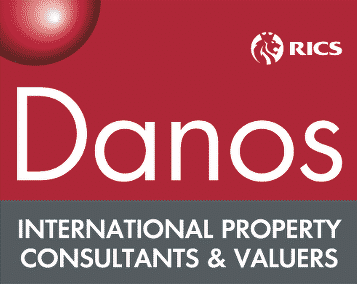Back in the 1980s a real estate agent in Europe was ‘the king of the castle‘. Knowing the market area and people within the area he or she would operate was enough. No professional indemnity insurance, in most of the countries – no special license required, no formalities other than a hand written instruction to sell or to rent and, if successful, a fee paid thereafter. A reputable brand name in the estate agency business would have been a descent and straightforward deal offering money to the seller to cover financial needs and a property to the buyer that would, in time, increase in value.
In the 1990s a real estate agent in Europe had to be more of a consultant than just an estate agent. The market became more educated and the players demanded a more comprehensive advice on their real estate needs and expectations. A prospective seller for example, would expect from the real estate agent to monitor the market for any ‘bargains‘ and reason the introduction of any real estate. Landlords and tenants expected that the estate agent advice and negotiate not only the rent, but also the other terms and conditions of the lease agreement, and present to both parties a comprehensive agreement.
In the 2000s a real estate agent in Europe had to choose between being a small player or a market leader. Residential and small commercial sellers would advertise on the internet real estate directly to the market, put up a for sale sign on the property with the mobile telephone number and advertise in newspapers the property directly. An estate agent in these cases seemed to be ‘unnecessary‘. Estate agents came across the dilemma to compete the market itself or to elevate their status and come back to the market more knowledgeable, offering only key services, study real estate and most of them become chartered surveyors, or gain other similar status.
In the 2010s the real estate platforms, automated valuation systems, huge reach of anybody to any information within seconds, the real estate studies made more accessible – even by correspondence, digitalization of public services and the internet more clever than ever to bring players together, brought a revolution and a huge challenge amongst real estate agents.
In the 2020s people are more and more looking into alternative ‘games‘ like met-averse, the bitcoin, the potential of peoples’ settlement to the moon, which are related to real estate, but not necessarily understood by the previous decades’ real estate agents.
In the coming years a ‘met-averse’, internationally positioned, expert software user, always up to date real estate professional should be able to adjust and provide the much-needed real estate agents’ services to the market. Being that he or she is acting as a buyer’s advisor, or as a seller’s representative, or as an investor’s consultant, or as a facility manager, matrix link to matters such as development potential, due diligence, market research along with a SWOT analysis to relevant cases, NPLs analyst and master planner of land. Not necessarily alone, but also as a vital member of a team. After all, in the foreseeable future, real estate hands will not be replaced by machines.



